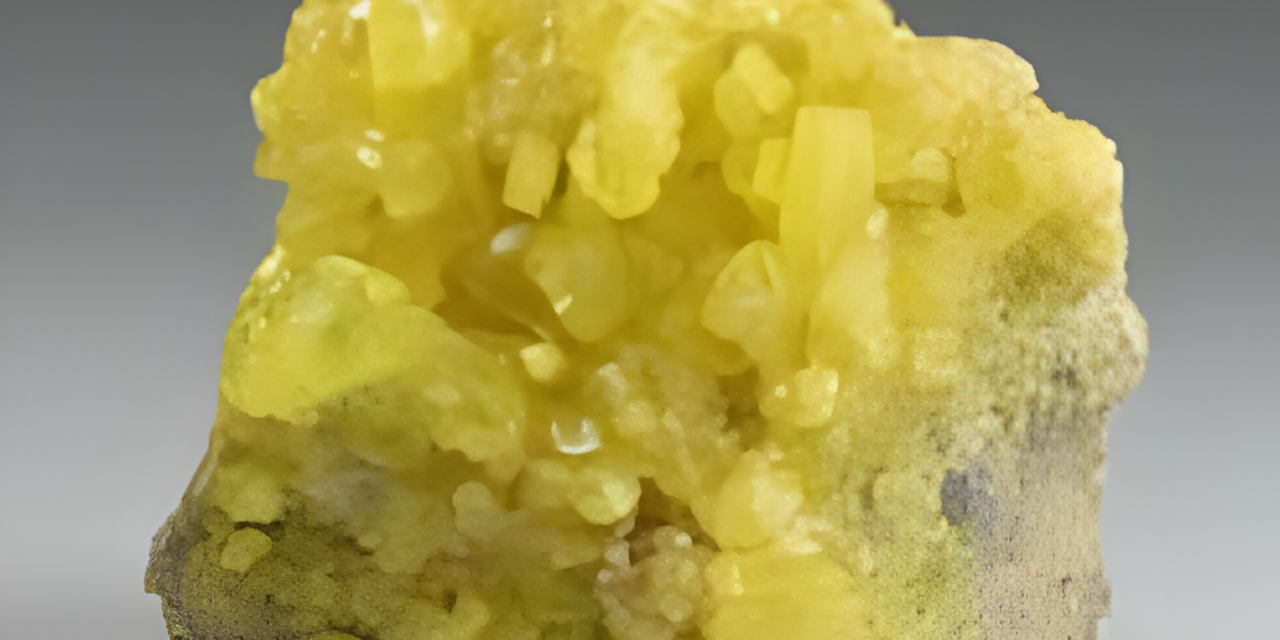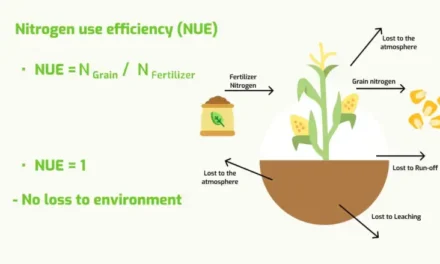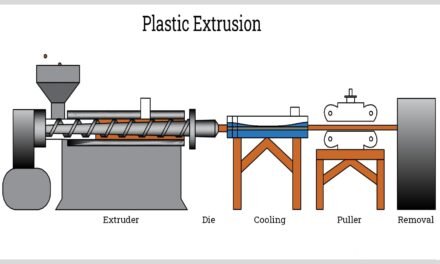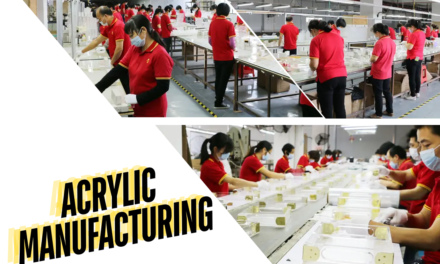Traditional basic chemicals like sulfur are finding new and innovative uses beyond their conventional applications, driven by advancements in technology, sustainability initiatives, and the demand for novel solutions in various industries. Below are some of the emerging uses for sulfur:
1. Energy Storage and Renewable Energy
- Sulfur in Batteries:
- Lithium-Sulfur (Li-S) Batteries:
- Sulfur is a key material in next-generation lithium-sulfur batteries, which promise higher energy density, lower cost, and environmental friendliness compared to lithium-ion batteries.
- Applications: Electric vehicles, grid storage for renewable energy, and portable electronics.
- Sodium-Sulfur (Na-S) Batteries:
- Utilized for large-scale energy storage solutions, especially in renewable energy systems like solar and wind.
- Lithium-Sulfur (Li-S) Batteries:
- Impact:
- It helps address the growing need for sustainable and efficient energy storage systems.
2. Sulfur-Based Polymers and Materials
- Polythioethers:
- Polymers derived from sulfur have unique properties such as high refractive index and chemical resistance, making them suitable for optical devices and coatings.
- Sulfur Composites:
- Incorporating sulfur in composites to create lightweight and durable materials for construction, aerospace, and automotive industries.
- Sulfur Cement and Concrete:
- Sulfur-based cement and concrete offer better resistance to acids and environmental degradation, particularly in harsh industrial environments.
3. Agriculture and Soil Reclamation
- Elemental Sulfur for Soil Amendment:
- Used to lower soil pH and improve nutrient availability for crops in alkaline soils.
- Sulfur as a Fertilizer:
- Enhances sulfur-deficient soils, improving crop yields and quality, particularly in high-sulfur-demand crops like oilseeds and cereals.
- Pest Control:
- Sulfur is used as a fungicide and pesticide in organic farming systems, offering an eco-friendly alternative to synthetic chemicals.
4. Sulfur in Green Chemistry
- Carbon Capture and Utilization (CCU):
- Sulfur compounds are being explored as catalysts or intermediates in processes that convert captured CO₂ into valuable products like fuels and chemicals.
- Sustainable Synthesis:
- Sulfur is a key feedstock in producing sulfur-containing green solvents and intermediates for various industries.
5. Advanced Materials and Nanotechnology
- Sulfur-Based Nanomaterials:
- Nanostructures made of sulfur have potential applications in photocatalysis, water purification, and advanced coatings.
- Sulfur-Infused 3D Printing:
- Development of sulfur-based materials for additive manufacturing, offering enhanced mechanical and thermal properties.
6. Medical and Pharmaceutical Applications
- Sulfur-Based Drugs:
- Sulfur-containing compounds are crucial in pharmaceuticals, including antibiotics (e.g., penicillin) and anti-inflammatory agents.
- Theranostics:
- Sulfur nanoparticles are being studied for use in theranostics, combining diagnostics and therapy for conditions like cancer.
- Antimicrobial Coatings:
- Sulfur is used in coatings for medical devices to prevent microbial growth and infections.
7. Environmental Applications
- Sulfur for Water Purification:
- Sulfur compounds are used in processes to remove heavy metals and contaminants from industrial wastewater.
- Desulfurization Processes:
- Sulfur is essential in removing pollutants like mercury and NOx from industrial emissions, improving air quality.
- Acid Mine Drainage Treatment:
- Sulfur compounds are used in neutralizing and treating acidic wastewater from mining operations.
8. Industrial and Chemical Innovations
- Sulfur in High-Performance Tires:
- Enhanced sulfur vulcanization processes are improving the durability and performance of rubber tires.
- Sulfur-Derived Chemicals:
- Production of high-value chemicals like sulfuric acid for use in batteries, fertilizers, and chemical manufacturing.
- Sulfur-Based Catalysts:
- Utilized in refining processes and as catalysts in organic synthesis and petrochemical applications.
9. Sulfur in Construction
- Sulfur-Asphalt:
- Incorporating sulfur in asphalt to improve road durability and reduce maintenance costs.
- Sulfur-Concrete:
- Development of sulfur-based concrete for use in environments exposed to harsh chemicals or extreme conditions.
10. Renewable Fuels
- Hydrogen Sulfide Utilization:
- Hydrogen sulfide, a byproduct of sulfur processing, is being explored as a feedstock for hydrogen production in renewable energy systems.
Conclusion
The traditional uses of sulfur are expanding as industries innovate and seek sustainable alternatives to conventional materials. These emerging applications not only increase the value of sulfur but also support the transition toward greener and more efficient industrial practices. By leveraging sulfur’s unique properties, industries can address pressing challenges in energy, environment, and technology.
Hashtags
#BasicChemicals #SulfurApplications #ChemicalInnovation #TraditionalChemicals #EmergingUses #InnovativeChemistry #NewChemicalUses #ChemicalTechnology #FutureOfChemicals #ChemicalRevolution #SulfurInnovation #SulfurInIndustry #SulfurChemistry #SulfurApplicationsGrowth #SulfurEconomy #GreenChemicals #SustainableSulfur #EcoFriendlyChemicals #SulfurForSustainability #CircularSulfur #ChemicalIndustryTrends #MarketPotential #ChemicalMarketGrowth #IndustrialApplications #EconomicGrowthThroughChemicals










